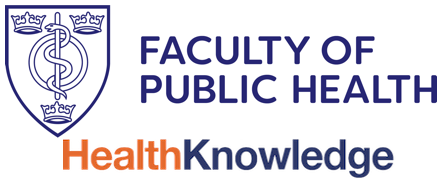Welcome to our course on population health information for practitioners. This course will cover the benefits and limitations of routine population data, the issues to be considered when using routine data, an overview of various types of routine data such as censuses, and sources of bias in population data.
Learning objectives: This course will cover:
- the benefits and limitations of routine population data
- the issues to be considered when using routine population data
- an overview of various types of routine population data
- examples of routine data sources giving information on population health
- demographic data and census data
- national reference data and data on aspects of individuals' and populations' circumstances that may affect the wider determinants of health
- health event data
- the concept of disease registers
- health surveys including the iceberg concept and the general household survey
- a summary of health activity data
Course authors: John Powell, Associate Clinical Professor of Epidemiology & Public Health, University of Warwick. Content adapted from material written by Neeraj Malhotra and Meic Goodyear, accessible at www.healthknowledge.org.uk.
Reviewed by: John Langley, Senior Public Health Information Specialist, Mansfield.
Author and reviewer's competing interests: none declared.
